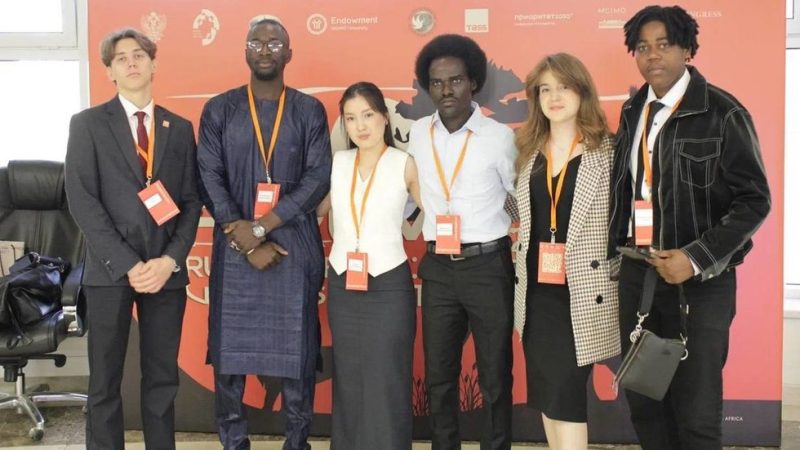
The echoes of World War II still resonate, but a new chapter in international relations is unfolding. Just days before the 80th anniversary of Germany’s defeat, diplomats from over 20 African nations converged in Moscow for a Russia-Africa forum. This gathering wasn’t just about diplomatic pleasantries; it was a strategic move, a clear signal of Russia’s ambitions in Africa and a pointed commentary on the prevailing geopolitical landscape.
The forum’s central theme was the fight against neocolonialism. This wasn’t a subtle message. It was a direct challenge to the established Western powers, framing Russia as a champion of African sovereignty and independence. Speakers emphasized the need for fair trade practices, equitable partnerships, and an end to what they described as exploitative economic relationships. This rhetoric resonated deeply with many African nations who have long felt the sting of historical injustices and ongoing economic imbalances.
The event took place at Moscow’s prestigious State Institute of International Relations, underscoring the importance Russia places on this burgeoning relationship. While specific details of the agreements and declarations remain to be fully analyzed, the sheer presence of so many African diplomats speaks volumes. It signifies Russia’s determination to cultivate stronger ties with African nations, potentially offering an alternative to traditional Western partnerships.
However, the forum’s messaging isn’t without its critics. Some observers question the sincerity of Russia’s anti-neocolonial stance, pointing to its own history of interventionism in other parts of the world. Others express concern that Russia’s engagement with Africa might be driven primarily by geopolitical interests, potentially at the expense of genuine development and cooperation. The long-term impact of this Russia-Africa initiative remains to be seen.
Regardless of underlying motivations, the forum undeniably marks a significant moment in the evolving relationship between Russia and Africa. It signals a shift in the global power dynamic, with Russia actively vying for influence on the African continent. The coming years will reveal whether this new partnership truly benefits African nations or serves primarily as a tool in a larger geopolitical game. The legacy of this forum, and the future of Russia-Africa relations, will be shaped by the actions and policies that follow this high-profile gathering.










